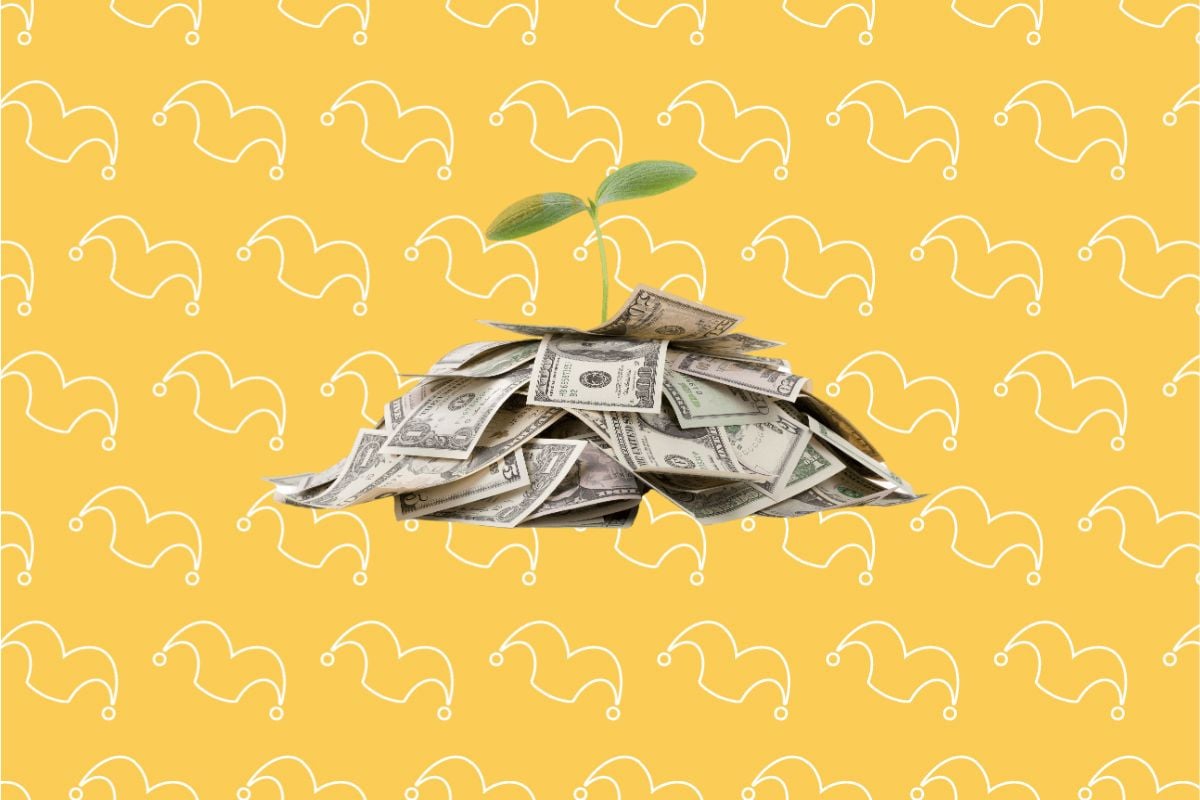CDs vs. Savings Accounts: Here's How to Decide
High interest rates have led many Americans to buy CDs in recent years. Find out how they differ from savings accounts and if they might make sense for you.

Certificates of deposit (CDs) have been the financial equivalent of Taylor Swift in recent years. They are extremely popular -- though a bit less glitzy. According to S&P Global, CD balances reached $2.87 trillion at the end of last year, up 68% from the year before. With some CDs paying APYs of over 5.00%, it isn't hard to see why people are jumping on the CD bandwagon.
Even so, CDs won't make sense for everybody -- particularly as some high-yield savings accounts are also paying extremely tempting APYs. If you're not sure which to choose, here are some questions to help you decide.
1. When will you need to access that money?
When choosing between a CD and a savings account, think about what you plan to do with that money. If you're saving because, say, you want to make a down payment on a house in two years, that's very different from money you might need to repair your car if it breaks down.
When you invest in CDs, you will tie your money up for a set amount of time. Whether you opt for a 3-month CD or a 10-year CD, you need to be confident you won't need that cash until the period ends. There are often penalties for withdrawing your money early, which will eat into any interest you've earned. Check out our top CD rates.
In contrast, most savings accounts will let you withdraw cash when you need it. This makes a savings account an ideal place to park your emergency savings or other cash you might want to access at a moment's notice. Check out our top high-yield savings accounts.
2. Do you want to lock in that interest rate?
The interest rates on savings accounts are variable. This means they can change at the drop of a hat. If the Fed drops interest rates, the APY on your savings account will likely follow suit. So while you might be able to get a 5.00% APY on a top savings account right now, there's no telling how long that will last.
In contrast, most CDs offer fixed rates. If you open a CD today, you can lock in the current interest rate and know exactly how much you'll earn. For example, if you put $5,000 into a 1-year CD that's paying an APY of 5.00%, you'd earn $250 in interest, no matter what. Your rate won't change, even if the Fed slashes interest rates or something unexpected happens in the wider economy.
Of course, if rates rise even further, you might find you're stuck with a lower-than-market rate. One way to mitigate this risk is through CD laddering. This involves buying CDs of different lengths so they mature at different points. Not only does it give you more flexibility in terms of accessing your cash, it also reduces your risk in terms of rate fluctuations.
3. Have you checked the fees and minimum deposit requirements?
When comparing CDs and savings accounts, the common wisdom used to be that savings accounts charged a monthly fee and CDs had high minimum deposit requirements. But there are no hard-and-fast rules in today's fast-changing bank environment. Banks are increasing APYs, reducing fees, and dropping minimum balance requirements so they can stand out from the competition.
When hunting for a place to park your cash, pay attention to fees and account minimums. But if you don't have a sizable deposit, don't assume you won't be able to open a CD at an attractive rate. Generally speaking:
- CDs are more likely to have minimum deposit requirements: Some -- but not all -- CDs ask for a sizable minimum deposit. The minimums on our CD rates page range from $0 to $2,500.
- Savings accounts may charge account fees: Some -- but not all -- savings accounts charge monthly fees, which is less likely with CDs. The majority of our top high-interest savings accounts do not require a minimum deposit. Some also pay a welcome bonus for new customers who meet certain requirements.
Key takeaway
High interest rates are good for savers, whatever vehicle you choose. Indeed, right now CDs and savings accounts are paying some of the highest APYs we've seen this century. In choosing between a CD and a savings account, think carefully about how long you want to lock your money up for, and how much access you may need.
CDs generally make more sense when:
- You are comfortable with locking the money away for a set period
- You understand how CDs and CD laddering work
Savings accounts generally make more sense when:
- You may need to access the money easily
- You are comfortable with a variable interest rate
Alert: highest cash back card we've seen now has 0% intro APR until 2025
This credit card is not just good – it's so exceptional that our experts use it personally. It features a 0% intro APR for 15 months, a cash back rate of up to 5%, and all somehow for no annual fee!
Click here to read our full review for free and apply in just 2 minutes.
We're firm believers in the Golden Rule, which is why editorial opinions are ours alone and have not been previously reviewed, approved, or endorsed by included advertisers. The Ascent does not cover all offers on the market. Editorial content from The Ascent is separate from The Motley Fool editorial content and is created by a different analyst team.The Motley Fool has a disclosure policy.























